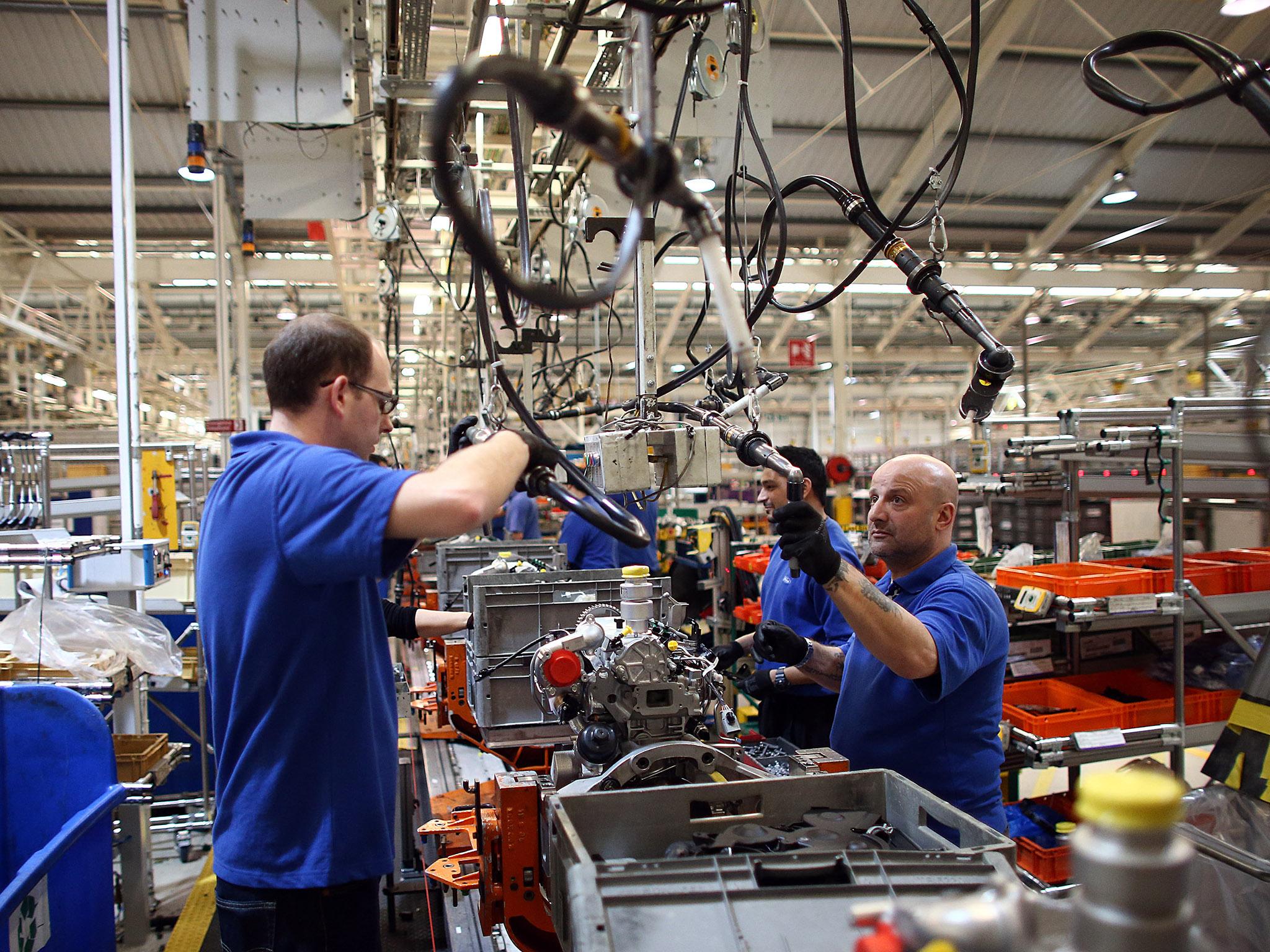UK economy expands by 0.4% in third quarter but on track for worst annual growth since recession
Growth in the second quarter was just half the rate of expansion enjoyed by the eurozone, and was the lowest among the group of seven leading economies

The UK economy expanded slightly faster in the three months to September than in the previous quarter of the year – but Britain is still on track to suffer its worst annual growth performance since the depths of the recession, official figures show.
Numbers from the Office for National Statistics released on Thursday confirm a previous estimate that the UK economy grew by 0.4 per cent during the third quarter of 2017.
That’s marginally higher than the 0.3 per cent rate of growth in the second quarter of the year, but still undershoots the rate of growth enjoyed by other major global economies.
The UK’s 0.3 per cent growth rate in the second quarter was just half the 0.6 per cent expansion of Europe’s 19-member currency bloc and was also the lowest growth rate among the group of seven leading economies.
“The current pace of UK GDP growth is OK, but it could be better,” said Kallum Pickering, an economist at the bank Berenberg, commenting on Thursday’s release.
He said that the UK should be “riding high on the back of the ongoing global upswing” but that “uncertainty from Brexit is weighing on firm and household confidence”.
Jacob Deppe, head of trading at online platform Infinox, echoed those remarks.
“Anaemic growth looks here to stay for years to come, at a time when the other major economies of the world are enjoying a boom,” he said.
Thursday’s figures come one day after the Treasury’s official forecasting body dramatically slashed its forecast for economic growth this year and next.
The Office for Budget Responsibility (OBR) said that it now sees the economy growing by just 1.5 per cent this year and 1.4 per cent next, down from a previous estimate of 2 per cent and 1.6 per cent, respectively.
Back in March, the OBR had said that it expected the economy to grow by 7.5 per cent in the five coming years. It now expects that figure to be just 5.7 per cent over that period.
Productivity has been an Achilles heel of the UK’s economy since the financial crisis, and on Wednesday the OBR said that while it expects productivity growth to pick up “a little” in future, it will “remain significantly lower than its pre-crisis trend rate throughout the next five years”.
This year, the economy has particularly suffered as a result of rising inflation, stemming from a steep fall in the pound in the aftermath of the June 2016 Brexit vote.
Consumer price inflation hit 3 per cent in September, which was the highest level since April 2012, and ahead of wage growth.
Most economists expect that the economy will deteriorate further next year, particularly if the UK appears to be heading for Brexit in 2019 without a deal that would keep it in the customs union and the single market.
The Organisation for Economic Co-operation and Development has pencilled in 1.6 per cent growth this year but is anticipating a fall to just 1 per cent next year, based on a scenario where the UK fails to ink a trade deal with the EU ahead of Brexit.
Subscribe to Independent Premium to bookmark this article
Want to bookmark your favourite articles and stories to read or reference later? Start your Independent Premium subscription today.

Join our commenting forum
Join thought-provoking conversations, follow other Independent readers and see their replies